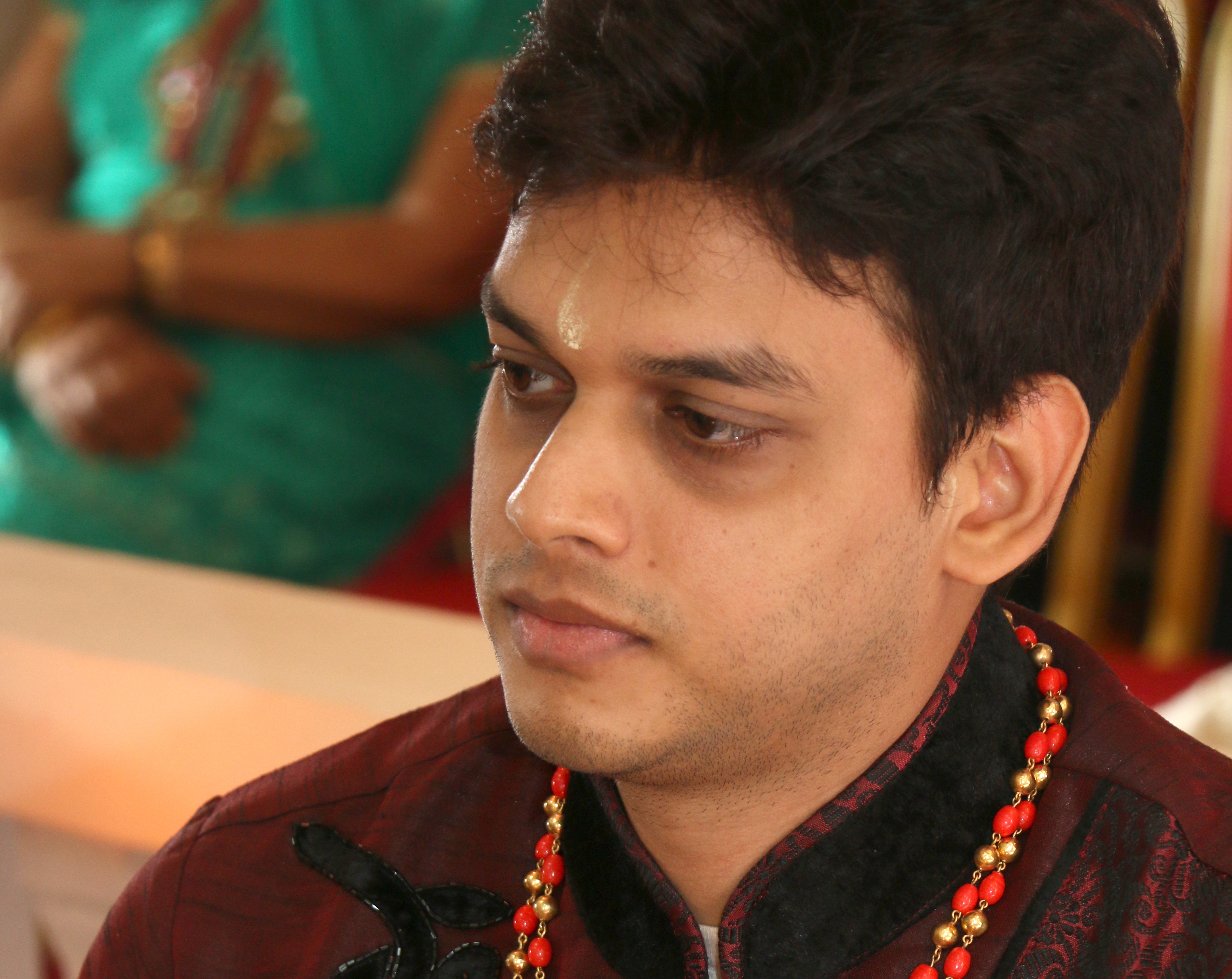From a satsang with Pt. Dr. Umesh Persad, Spiritual Leader, SWAHA Gyaan Deepak Kirtan Mandali
It is important to try to maintain peace of mind at all times. How do we cultivate such peace in our daily lives in a practical sense and in spite of external circumstances? We are all faced with various challenges; we have our ups and downs; yet still, the sages are always guiding us on achieving such a state of mind.
The Yoga Sutras guide us on possessing peace of mind in different situations (ch. 1, v. 33): “Maitri karunaa muditaa upekshaanaam sukha dukha punya vishayaanaam bhaavanaatah citta prasaadanam.” People tend to react in one of four ways depending on the situations we find ourselves in and the relationships that we have. These four reactions are sukha (joy, happiness), dukha (pain, sorrow), punya (virtuous behaviour) and apunya (unprincipled or egoistic behaviour). Everyone we meet, spouse, children, siblings, friends, coworkers, employers, all transition through these four states.
How should we react when the people in our lives experience each of these states? If someone is experiencing sukha, we should respond with maitri: friendliness and love. In other words, we should behave as if their joy is our joy. The negative response in such a situation is jealousy and envy.
If someone is in dukha, the reaction should be karunaa, compassion. Whether we are able to assist them in some way or not, demonstrating compassion allows you to maintain a peaceful mind yourself. The act of giving helps us maintain peace of mind. If someone is exhibiting punya, the reaction should be muditaa, delight or gladness. Their behaviour should be an inspiration for us to emulate. If we try to aspire to those positive qualities, the mind remains peaceful. When someone’s behaviour is apunya, we should not try to interact with them, argue with them or try to get them to change their state of mind at that time. The practice in such a situation is upekshaa, indifference or disregard. We should not blame others as we all experience these states to some extent. If they are in apunya, then they are the ones with the problem. Our role is to remain quiet, peaceful and understand that it will change.
Shri Ramana Maharishi was once asked, “How should we treat others?” and he said, “There are no others.” In other words, we are reacting to the perceptions in our mind. There is an important phrase in this sense, Chit prasaadanam. Prasaad is a blessed food offering; in terms of the Sanskrit root, sad means to sit down, sink down or settle. The prefix, pra, means excessive or great. Prasaad, then, means a settling down or stillness of mind. Mind is a bundle of thoughts. We all assume that the voice in the head is ‘me’, but it cannot be since we are witnessing that voice all the time. Prasaad, therefore, means stilling the voice in the mind. Moreover, praseedathi means being competely satisfied and calm and prasana is the one who is calm and tranquil. On another level of meaning, the vibrational quality of the prasaad that we eat helps us to achieve a settled mind. At the highest level of meaning, we should always be enjoying prasaad, the state of tranquillity. If we practise our reactions to these four states of experience, then, little by little, we will be able to maintain our peace of mind at all times.


